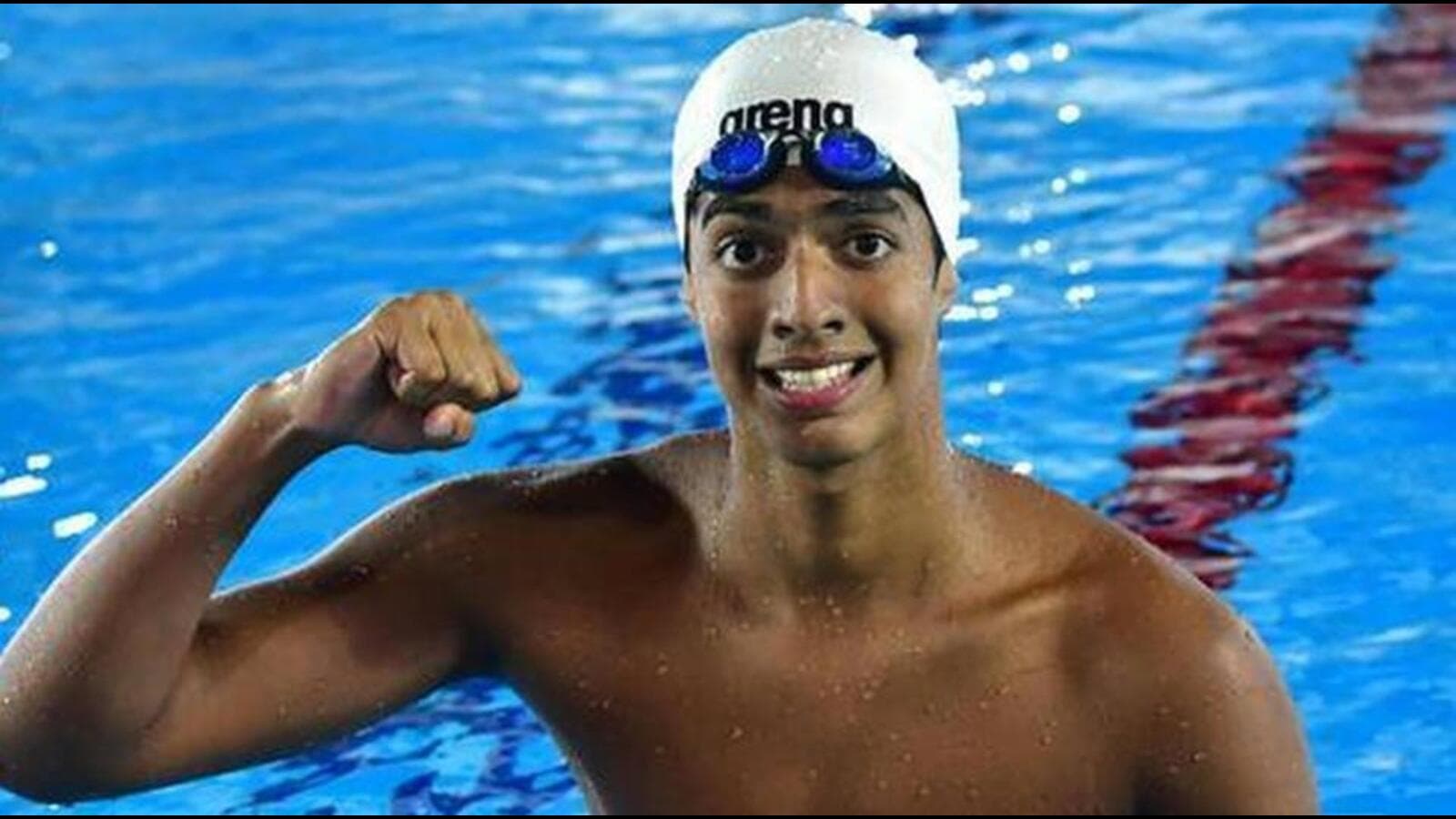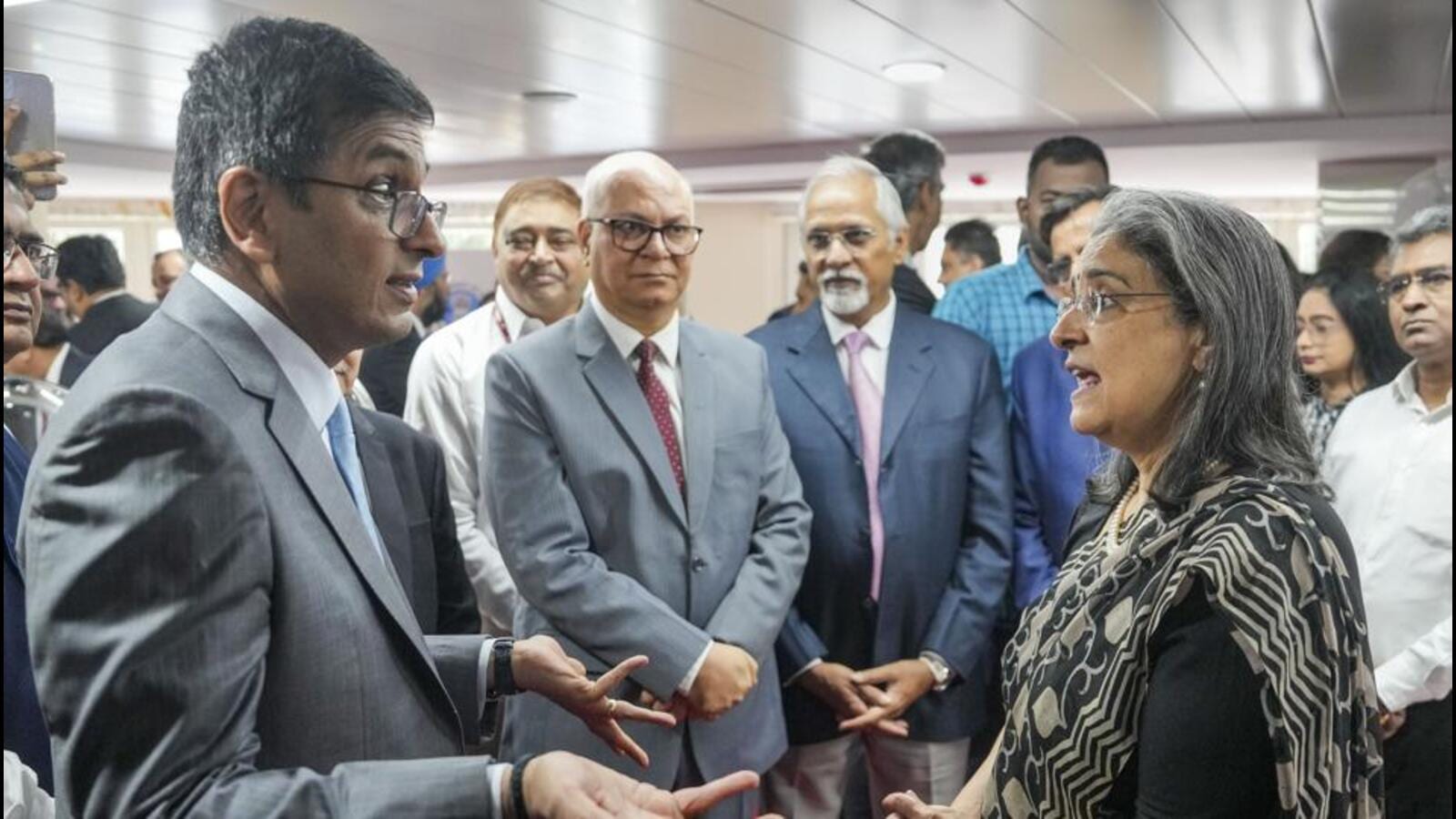How India finally cracked the T20 code

You may wonder which hoodoo the Indian team has finally broken, going 11 years without an ICC trophy — since the 2013 Champions Trophy — or the 13-year wait for a World Cup win since the 2011 ODI trophy? Or 17 years since lifting the inaugural T20 World Cup title?
All three may be true, but ending the T20 wait after seven trophy-less world events, in a format the world understands best and which will become even more popular after the 2028 Olympics, may be the most significant.
Australia has to protect the tag of serial winners and South Africa must fight their gloomy past in knockout rounds, but every time India enter the world arena, they grapple with the taunt of having the most resources in cricket.
Every time they fall short, questions prop up of a tailor-made schedule for India’s television audience – not always accurately as sometimes it proves counter-productive – but they live with the tag of being the bling boys – the biggest beneficiaries from the strongest T20 league in the sport, not very good at playing a modern brand of cricket.
The 2024 title will be legacy-defining for captain Rohit Sharma, who soaked it all as a 20-year-old in MS Dhoni’s side of 2007. This win also helped India make amends for the hurt of the 2014 final, when Yuvraj Singh – the 2007 conqueror – found his feet in quicksand and could never recover. Of the 2016 semi-final, when the marauders from West Indies showed India how far behind the T20 curve they were. In 2021, they stood no chance. In 2022, in Rohit’s first World Cup as captain, winners England showed the gulf between the best teams and India.
In USA-West Indies, India’s class of 2024 turned it all around by being so better than the rest, staying unbeaten across eight matches (the Canada game was washed out) in the ficklest format. A measure of India’s planning was evident from their achieving it with only 12 players – Sanju Samson, Yashasvi Jaiswal and Yuzvendra Chahal weren’t even required.
Winning tactics
Match-winners and experienced hands, India have always had in plenty. But rarely do traditional traits suffice to win T20 trophies.
The biggest tactical tweak India made was to play all their all-rounders – left-arm spinners Axar Patel and Ravindra Jadeja as well as seamers Hardik Pandya and Shivam Dube – from match one. Axar was told he would be a batting floater, and how well he performed.
Hardik had to lift his all-round game and he did, becoming the last-over hero in the final. Jadeja and Dube could never hit top gear, but added to the batting depth; it allowed the top order to bat freely, a luxury that proves so vital without IPL’s Impact player rule.
“Honestly, this is a journey of two years. This is not a journey from just this T20 World Cup. When I think about the construction of this team, the kind of skills we wanted, the players we wanted, those discussions started in (late) 2021,” said head coach Rahul Dravid.
“I think it culminated in this World Cup. The disappointment in Australia (2022 T20 World Cup) and then the (2023) one-day World Cup, there’s so much that has gone into it. What we’ve tried to build, what we have tried to create, it feels like it has all come together here on a beautiful afternoon in Barbados.”
While India found the winning template for the conditions – an extra seamer in the USA, replaced by an extra spinner for the West Indies pitches. Not always will a T20 competition be so bowling-friendly.
Cricket’s embrace of a power-hitting driven future is real and Indian cricket is blessed with a raft of options who can buy into that new order. One only has to look at the strength of India’s squad picked to take on Zimbabwe in the upcoming T20I series.
Rohit, Virat Kohli and Ravindra Jadeja have quit T20Is at the right time so that the 2024 win does not feel like the accidental success of 2007, but an outcome of a more structured change in the approach.








